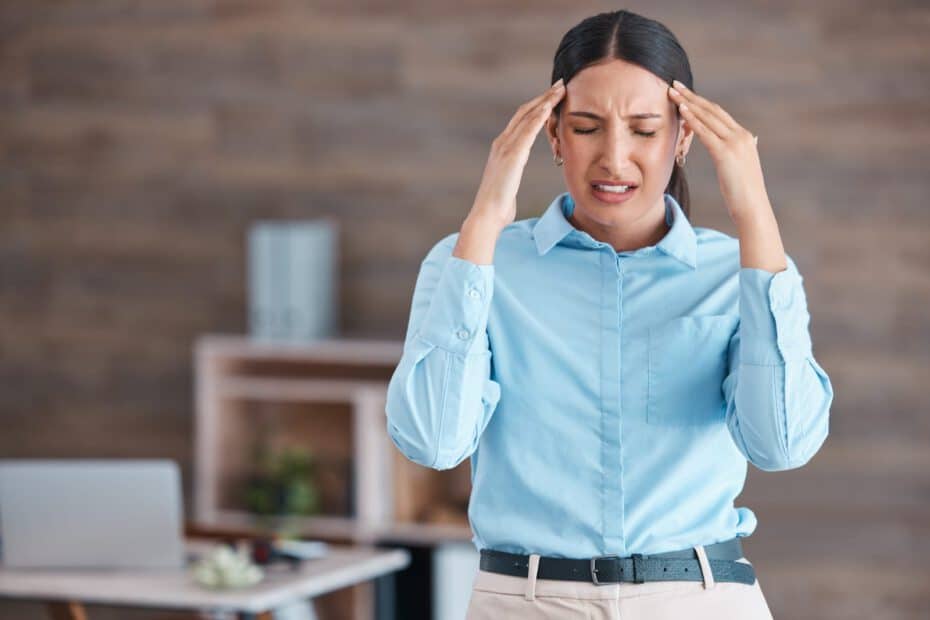We can't know where and when we're going to have panic attacks. These are seizures that surprise us and cause a strong feeling of fear, a feeling that the earth is falling apart under our feet and a desire to escape and be alone or simply anywhere else from where we are now. An anxiety attack can happen at work, in the middle of a night out with friends, at a birthday party, at an important tutorial, on a trip abroad, on a vacation in Israel, or just while we are sitting in the car or resting at home. For some of us, an anxiety attack will at best ruin the day or an important meeting, but others suffer from anxiety attacks of greater intensity and scope in such a way that they avoid entertainment, shopping, traveling, creating a relationship and starting a family – each and every one of them and their case and the effects of anxiety and its symptoms on them. We brought in Uri Fuchs, an expert in the treatment of the ultra-Orthodox and the owner of " In Therapy – A Center for the Treatment of Anxiety, Depression and Mental Empowerment " who will give us tips and first aid while we are experiencing an anxiety attack.
Practical tips for dealing with the attack
- Take a breath – during anxiety we feel that the ground beneath us is shaking, that we are in danger, and that the whole world is looking at us and examining us. This feeling can be stressful and disturbing. One way to calm tension and stress is to take deep breaths. Deep breathing relaxes, lowers stress and allows us to regain control of our body.
- I want to run away – an anxiety attack makes us want to run away, to disappear, to stay away from people's company because we are unable to cope with the stress and the symptoms. But it is important to remember that an anxiety attack is not our real state and we do not suffer from it for a long time. Usually, an anxiety attack lasts a few minutes, it reaches its peak in terms of the appearance of symptoms and the intensity of the pain after about 10 minutes, and the peak lasts a few minutes. After that, the symptoms and pain subside and disappear within half an hour. In rarer cases, an anxiety attack lasts longer than half an hour.
- It's an anxiety attack – not a heart attack. It should be emphasized that there is no real medical problem. Even if your heart rate is accelerated, your blood pressure is high, you feel severe pain and pressure in your chest, and you have a cold sweat all over your body – an anxiety attack does not indicate a medical problem, but rather a malfunction in the mechanism. What does this mean? Our body has all kinds of red flags and alert systems that it activates when it detects that we are in danger or under threat. An anxiety attack is actually the activation of these warnings, even though there is no actual danger. Sometimes the attack causes pain and tangible symptoms that make us fear and think that it is a medical event.
- Stay with him and encourage him to be in control – A person who is under an anxiety attack is stressed and stressed. In times like these, he has no support and no ability to control the situation. It is important to be next to him, to convey calmness and not to stress him. In addition, it is important to be an attentive ear to him. Talk to him about things he can control, such as counting objects or bodies he sees, set a topic of conversation that strengthens him and distracts him from the trauma. From a physical point of view, it is also important to make sure that he is in a safe place, not in the middle of the road or in any other dangerous environment, but rather sits on a bench in a safe place.
When a person suffers from an anxiety attack, it is important to take actions for him that will help him stay calm and reduce the symptoms, strengthen his self-confidence and alleviate the feeling of helplessness. But it is important to understand that in the end these actions are tactical because they express a specific response and not a thorough treatment that solves the problem at the root.
And what else are the options?
There is another solution that includes medication for anxiety attacks (such as Cipralex and Prozac). Such treatment is a good and effective solution because it helps to calm the mind from the symptoms and pain relatively quickly by taking medication.
Another solution for dealing with anxiety attacks is to uproot the problem and get rid of the anxiety. It is not a simple and short process, but it is a possible process and it can improve the quality of life of tens of thousands of people in Israel who suffer from anxiety, tremble from symptoms and seizures every time, and prevent themselves from having fun, traveling, starting a family or being able to develop a successful career because of the fear of seizures.


